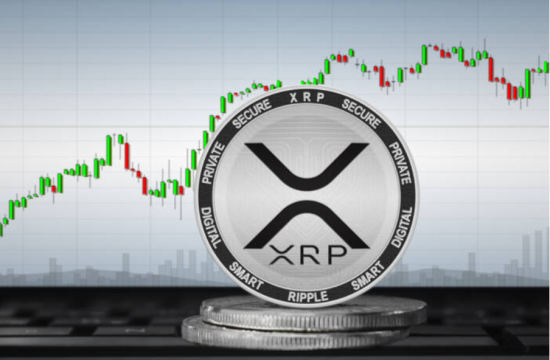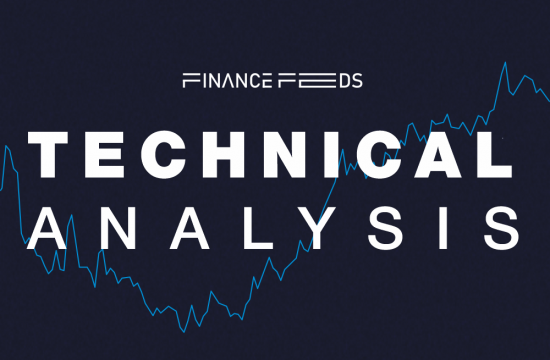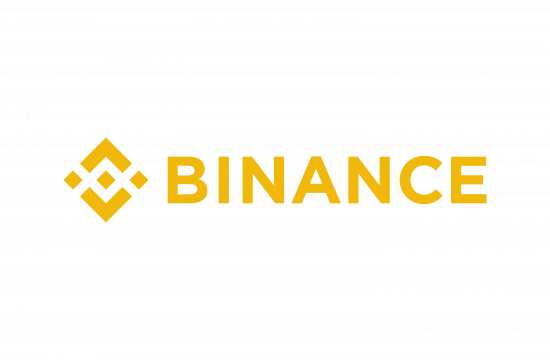“Among the 66 documents, there could be something really bad that can destroy the SEC’s case”, Hogan suspects. This could justify the legal gymnastics.

The SEC v. Ripple has become riddled with delays mostly requested by the Securities and Exchange Commission alone.
Documents concerning the 2018 on Ether by William Hinman, ex-SEC Director of Corporate Finance, and other records pertaining to the SEC’s views of the nature of digital assets, including XRP, ETH, and Bitcoin, have become the main issue.
Ripple and the SEC have been in this back and forth since quite early in 2021, with the defendants being granted their motion to compel the production of such documents and the SEC refusing to comply, namely by arguing they were protected by the deliberative process privilege (DPP).
In August 2021, Judge Sarah Netburn ordered an in camera review to ascertain what could be ruled as privileged and what could be handed over. The infamous 2018 speech by ex-SEC Director of Corporate Finance William Hinman on the nature of Ether was accepted by the court as his personal opinion.
Because of that, the emails and drafts pertaining to that speech was ordered to be produced to Ripple, which prompted the SEC to seek a motion for reconsideration; a process that usually takes two weeks to prepare, according to attorney Jeremy Hogan, who shared a video explaining the history of the DPP in the XRP lawsuit.
In its request, the SEC not only asks for five weeks to file that motion, but argued the speech was an “essential link” in the agency’s deliberative process.
“The SEC respectfully submits that these additional documents clarify the truly deliberative nature of the discussions surrounding the Speech across the SEC, and show that the Speech was not “merely peripheral to actual policy formulation”, but was in fact an “essential link” in the SEC’s deliberative process with respect to Ether” and other digital assets.”
Jeremy Hogan concluded that either way, the SEC will have to produce something: or the drafts and emails of Hinman’s “personal opinion” or the SEC’s official position inspired on Hinman’s thought process.
“I had to read that a couple of times because the sec has been so adamant that the Hinman speech was just his personal opinion and now, are they arguing that’s not the case or that the SEC had or has an official position on Ether that the Hinman speech contributed to?”, Hogan asked.
“If that’s the case […] someone should tell Chairman Gensler because I don’t think he has seen that yet. And if that exists, surely that’s an official position and it’s discoverable by Ripple, so maybe Ripple needs to see a copy of that decision about Ether. Just saying…”
As to the delays, the newly ordered extension may be just the tip of the iceberg.
“If judge Netburn sticks with her original order that Hinman’s speech emails have to be turned over, the SEC then can appeal the decision to the main judge, Judge Torres, and that will take at least another month for that process to take place and that takes us into March or April before this issue is concluded with Judge Torres”, Hogan explained.
“And even though all other discovery might be concluded by the end of February, how can Ripple draft and finalize a motion for final judgment when it doesn’t have all the evidence yet”.
The Florida-based lawyer then analyzed the SEC’s systematic refusal to produce the documents as a tactic. He found the first two times the SEC refused to deliver as “a little strange, but this last motion for reconsideration is not normal”.
So, why the delay tactic by the SEC? It is either a pure pressure play on Ripple as the defendants are the only party that suffers with a never ending lawsuit – or it can be a measure to protect itself from “something really bad against the SEC”.
“Among the 66 documents, there could be something really bad that can destroy the SEC’s case”, Hogan suspects. This could justify the legal gymnastics.












